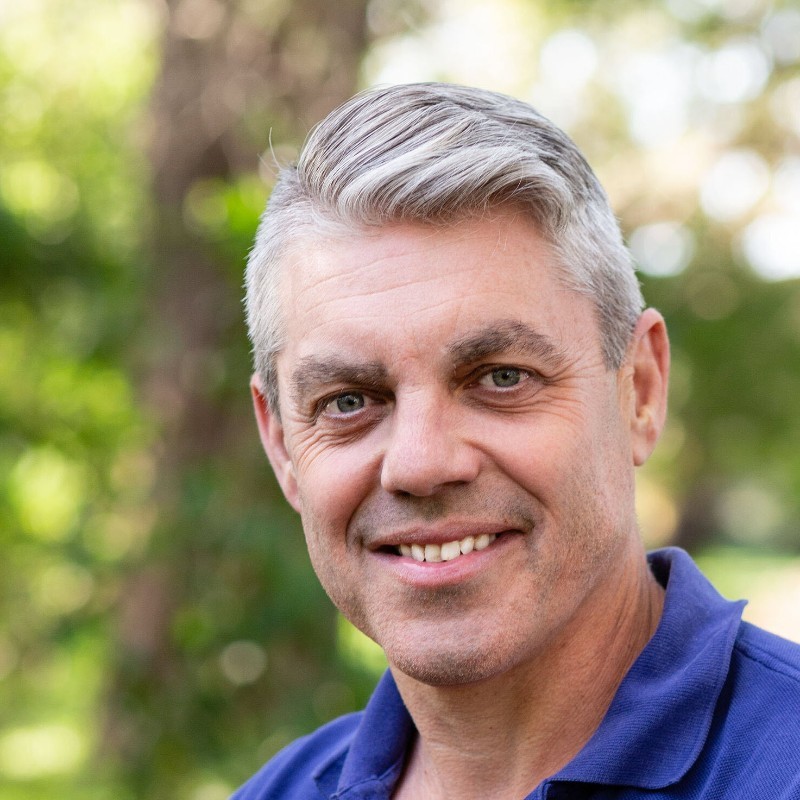Power business 101: Lower electricity costs with fewer emissions
By Leon Gettler, Talking Business >>
IMAGINE getting a cheaper electricity bill in a plan that reduces environmental pollution, giving off fewer greenhouse gas emissions.
That’s the promise of EnergyIQ, an energy switching site for those looking for renewable energy options.
It’s an attractive proposition, with some customers shocked after being told that they'll be hit with a massive hike to their electricity rates next month – some facing increases of up to 83 percent.
Energy IQ operates on the eastern seaboard from South Australia up to Queensland. Western Australia, Tasmania and Northern Territory aren’t competitive as they have only one power supplier. 
Ross Sharman, the founder and CEO of EnergyIQ in Australia, said it made sense for consumers and households now battling rising energy prices to switch.
Power change made easy
Mr Sharman said Energy IQ allowed households and energy users to upload bills and switch to a cheaper provider – and they can do it digitally in a few seconds without having to go through a call centre
“We provide that service to banks and governments. We have our own consumer facing service that is basically a market place for more renewable focused energy retailers to help consumers switch to more renewable energy,” Mr Sharman told Talking Business.
He said energy costs would keep going up.
“It’s going to get more expensive, so being on a cheaper plan – but ideally on a plan that pollutes the environment less – is a good choice for consumers to make,” Mr Sharman said.
He said the energy sector was one of the biggest polluters in Australia at the moment, “mainly through coal”.
“Those coal power stations have life cycles of 10 to 15 years left and there’s a transition away from coal that’s going to happen, because solar and wind are now cheaper than the dark stuff,” he said.
“We’re just trying to help to expedite that shift away.”
Businesses must consider emissions now
Mr Sharman said Australian corporates were now addressing greenhouse gas issues.
“Big corporates now have a social responsibility and that goes all the way up to banks,” he said.
“They literally have to report on their activities to reduce their climate impact.
“Big businesses are doing this now, so home owner or consumers care more than they did in the past. Small businesses really have a duty to try and do the right thing as well. They’ve got a choice. It’s not going to cost them extra, which it shouldn’t do, then shifting to renewable resources is a good thing.”
Mr Sharman said households that changed their energy provider to one that uses renewable energy were, in effect, making that choice away from coal.
He said Australians had become more aware of climate change and greenhouse gases because of storms and bushfires.
Mr Sharman said gas will be an important “part of the mix” as Australians move to renewables, but its importance will decrease over time.
“It’s really going to be the next five years or 10 years that it will play a role,” he said. “After that it will become negligible.”
As an example, he cited South Australia which was running almost 100 percent renewables. There is no coal and it uses some gas.
“It uses gas but it’s realty about balancing the assets and using gas to fill that void,” Mr Sharman said.
Hear the complete interview and catch up with other topical business news on Leon Gettler’s Talking Business podcast, released every Friday at www.acast.com/talkingbusiness.
https://play.acast.com/s/talkingbusiness/talking-business21-interview-with-ross-sharman-from-energyi
ends


